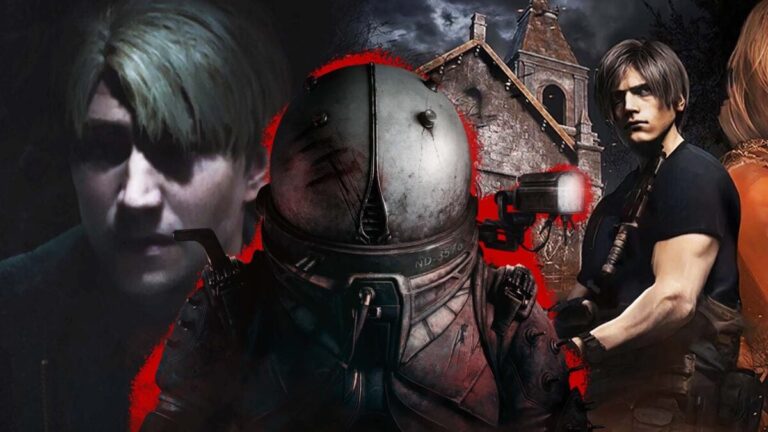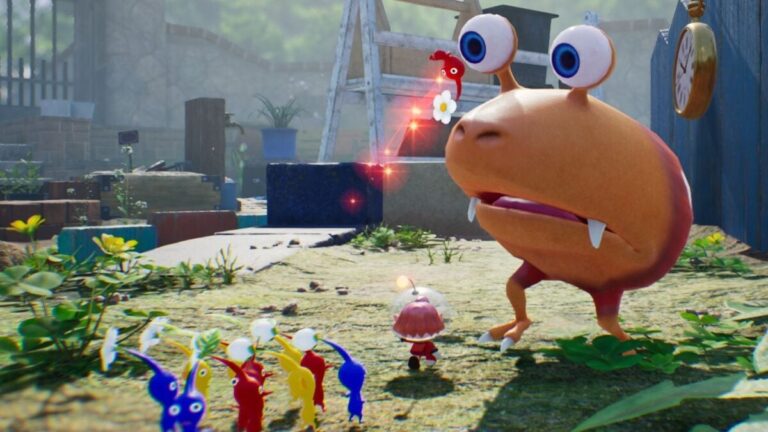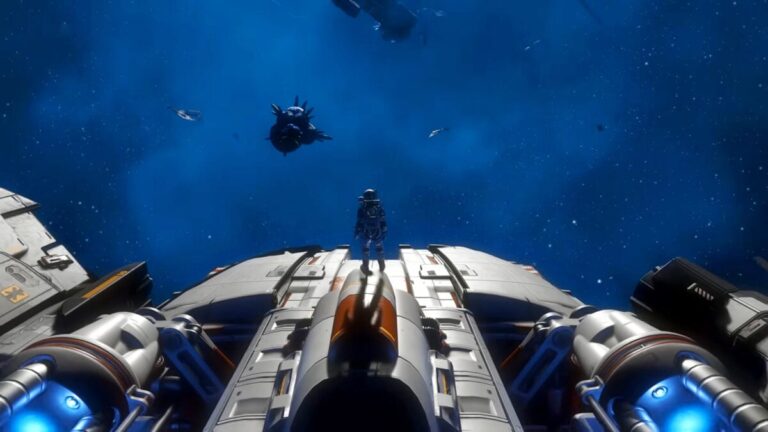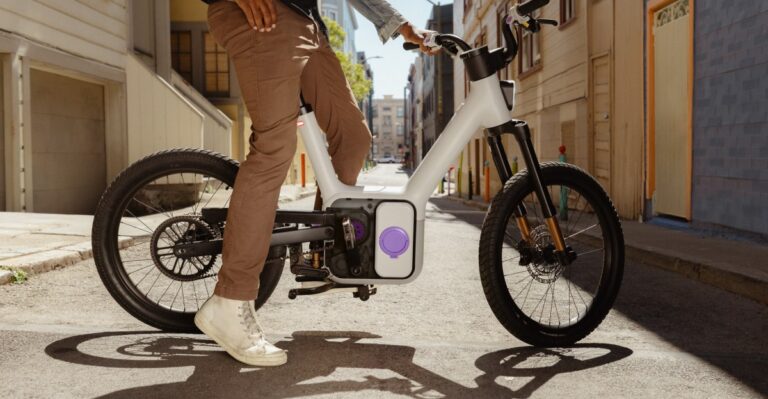
OpenAI launched its new generative AI video tool, called Sora 2, last week, alongside a TikTok-like social media platform where invite-only users could share all of their favorite copyright-infringing nightmare fuel. There was Mario racing from the cops and Goku fighting the hero from One-Punch Man. But the 9-second clip I can’t get out of my head is an AI-generated Sam Altman barbequing Pikachu before munching on a slice of the beloved Pokémon mascot like it’s seared tuna.
Nintendo and other companies have yet to comment on OpenAI’s latest legal minefield, but Altman is already backpedaling on Sora 2’s initial free-wheeling, anything-goes, copyright-holders-be-damned spirit. The company recently announced a change to how the tool is structured so that companies have to “opt in” for users to get Sora 2 to generate videos using that company’s IP, where previously they had to “opt out” for it not to do so. OpenAI will also be setting up some sort of payment system to give companies a fraction of the revenue generated from their IP-adjacent slop.
— 𒐪 (@SHL0MS) October 3, 2025
Altman wrote in a new blog post on October 3:
We are hearing from a lot of rightsholders who are very excited for this new kind of “interactive fan fiction” and think this new kind of engagement will accrue a lot of value to them, but want the ability to specify how their characters can be used (including not at all). We assume different people will try very different approaches and will figure out what works for them. But we want to apply the same standard towards everyone, and let rightsholders decide how to proceed (our aim of course is to make it so compelling that many people want to). There may be some edge cases of generations that get through that shouldn’t, and getting our stack to work well will take some iteration.
He also specified that Sora 2 users were producing a disproportionate amount of meme clips using anime and video game characters. “In particular, we’d like to acknowledge the remarkable creative output of Japan—we are struck by how deep the connection between users and Japanese content is!”
Sora 2 Remix → Mario’s Escape.
The remix feature is underrated.
PROCESS:
1. Generate an intial video
2. Post it.
3. Select Remix.
4. Describe next scene / repeat.Initial Prompt:
Realistic body cam footage of a police officer pulling over Super Mario in his mario cart. It was… pic.twitter.com/Sn3VwuiGSM— Rory Flynn (@Ror_Fly) October 3, 2025
It’s far from clear how all of these copyright gambles will pay off for OpenAI, which just hit a $500 billion valuation and inked a deal with AMD for chips to fuel its data center growth. Disney, Warner Bros. and other major media companies are already suing competitor Midjourney over the ease with which its users can generate rip-offs of Star Wars, The Avengers, and Batman. Meanwhile, publishers like IGN owner Ziff Davis and The New York Times are suing OpenAI over unauthorized copying of their online archives to train its algorithms.
What is Nintendo saying about generative AI?
So far, however, most video game companies have have yet to cut deals with OpenAI or accuse it of theft. The notoriously litigious Nintendo recently called a report from a Japanese politician stating that it was lobbying for AI protections untrue. “Contrary to recent discussions on the internet, Nintendo has not had any contact with the Japanese government about generative AI,” the Switch 2 maker announced over the weekend. “Whether generative AI is involved or not, we will continue to take necessary actions against infringement of our intellectual property rights.”
While companies have stayed silent about how they’re dealing with potential infringement concerns, most are happy to advertise their ambitions to use new generative AI tools to try and streamline production. According to a recent survey, roughly half of Japanese game studios are already using some form of AI in game development. Microsoft, an early backer of OpenAI, is one of the technology’s loudest proponents, though the results so far have been meager at best. When it comes to gaming in particular, the tech giant has rolled out AI chatbots for game help, and is experimenting with quick prototyping of gameplay.
“You could imagine a world where, from gameplay data and video, that a model could learn old games and really make them portable to any platform where these models could run,” Microsoft Gaming CEO Phil Spencer said earlier this year. Who knows if that will ever actually happen? For now we have fake footage of Master Chief in Mario Kart 8 instead.







